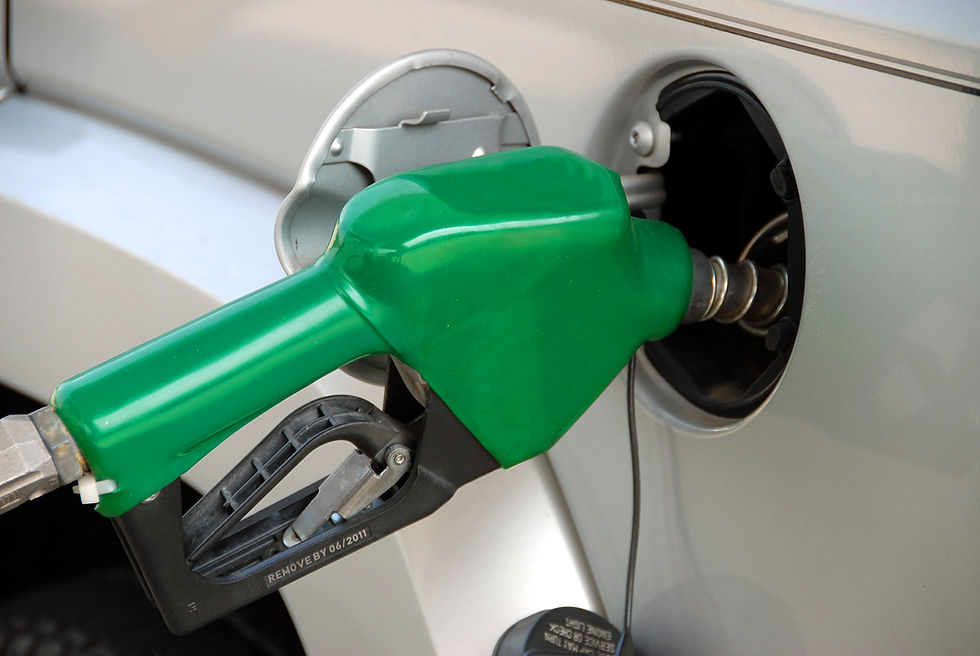Efficient Driving Tips
- Admin
- Jul 11, 2018
- 2 min read
Did you know that the way you drive determines to a certain extent how much your car pollutes, how much wear and tear your vehicle suffers and how much fuel you use? Most people have certain driving habits that are unnecessary and that, despite appearing insignificant, make a dent in fuel consumption and the way you treat your vehicle. Learning to drive efficiently means recognizing what these habits are and changing them for other behaviors that will allow you to use your car efficiently.
Modern vehicles have several technological advances that make entirely unnecessary specific behaviors that were essential in the past. For example, older cars required the engine to warm up a bit before moving, while with most modern cars it is possible to start almost immediately, at least under normal conditions. Efficient driving teaches you small tricks that will help you take advantage of all the mechanical characteristics of your car, avoiding unnecessary behavior and guiding you to drive intelligently. Efficient driving has numerous benefits:
- Driving a responsible way that decreases the risk of accidents
- Reduces CO2 emissions, so you protect the environment.
- Consumes less fuel, a great benefit for your pocket.
- Improves your driving technique
- Take care of your car, avoiding unnecessary wear and tear so that it will require fewer repairs or maintenance

Tips to drive efficiently
Plan your routes. Find the most direct, or where there is less traffic.
When starting the engine: begin without stepping on the accelerator. Just wait a few seconds if the engine is diesel.
Take advantage of the speeds: after going at first speed, accelerate smoothly and change to second a few seconds later. Drive as far as possible in the most extended gears and at low revs.
Don't use the clutch too much: do not use it to break or accelerate the engine. The change of speeds must be fast.
Maintain a uniform speed: Accelerating or stopping abruptly is not good for the car and also consumes too much fuel. It is better to move at a more or less uniform speed.
Take advantage of inertia: learn to use the engine and inertia to brake smoothly, without having to step on the brakes. For example, when turning around a curve, you can lift your foot off the accelerator and slow down. When you are in the curve, keep the speed stable.
Avoid lowering the slopes in neutral, it consumes a lot of fuel and punishes the brakes.
Control the temperature of your car: avoid overcooling in summer or overheating in winter. Also, do not open the windows when driving at high speed, because it causes more excellent resistance to air and consumes more fuel.
Check the tire pressure: if they are too low, it will consume more fuel than necessary. Check them weekly and keep them at the proper pressure level.
Do not overload the vehicle: take out of your car everything not what you do not need because the weight excess also increases the fuel expense.
Turn off the engine: if you are going to stop and keep the engine on, even for two minutes, you are consuming fuel unnecessarily.



Comments